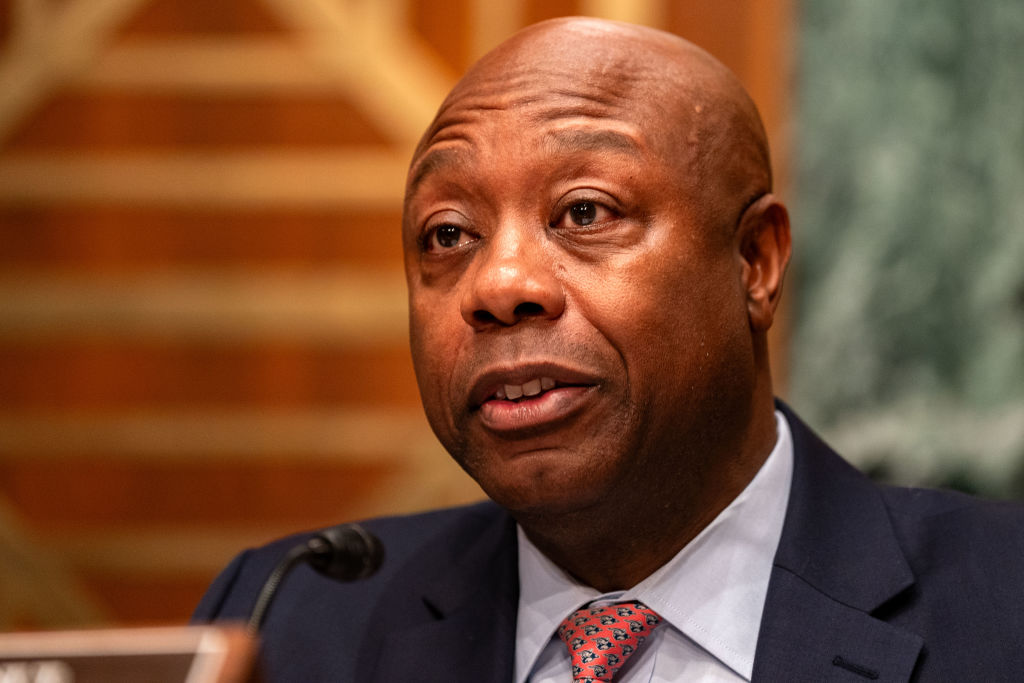In a significant move, the Senate Finance Committee is gearing up to release its much-anticipated reconciliation text, which represents a pivotal aspect of the GOP’s broader domestic policy agenda. The release, expected shortly, is set to provide comprehensive insights into the legislative framework that will guide future financial and economic policies.
The reconciliation process is a critical legislative tool that allows for expedited consideration of certain tax, spending, and debt limit legislation. For the GOP, the forthcoming text is not just a policy document but a strategic blueprint aimed at reshaping several aspects of the American economic landscape.
The anticipation surrounding this release has been palpable, especially among policymakers and stakeholders in the financial sector. The text is expected to outline substantial changes in tax policies, adjustments in healthcare funding, and other significant economic measures. These elements are crucial as they directly impact fiscal planning and economic projections for the coming years.
The Shift in Release Strategy
Initially, there was speculation that the Senate Finance Committee would stagger the release, with one segment of the legislative text anticipated on a Friday and the subsequent portion on the following Monday. However, the committee has now opted for a consolidated release strategy. This shift underscores the urgency and the importance placed on ensuring that stakeholders have a comprehensive understanding of the proposed changes in one go.
Investment in Domestic Manufacturing
Parallel to these legislative developments, major corporations like Walmart are making significant investments in the American economy. Walmart has announced plans to invest over $350 billion in U.S. manufacturing. This move is seen as a commitment to bolstering domestic business and enhancing the production of goods made, grown, or assembled in America.
Walmart’s investment is expected to create numerous jobs, stimulate local economies, and reduce the dependency on foreign manufacturing. This aligns with broader economic strategies aimed at strengthening the domestic supply chain and fostering sustainable economic growth.
The Broader Economic Context
In the current economic climate, where inflationary pressures and supply chain disruptions pose significant challenges, the reconciliation bill’s provisions are crucial. Policymakers are keenly aware of the need to balance fiscal responsibility with economic stimulus.
The reconciliation bill is also expected to address critical issues such as healthcare funding and tax adjustments. These areas have been points of contention among different political factions, with debates centering on the optimal approach to ensure economic equity and sustainability.
The Political Dynamics
The release of the reconciliation text comes amidst a backdrop of intense political maneuvering. Key figures like Senators Cruz, Scott, and Warren have been vocal in their differing perspectives on fiscal policies, particularly concerning Federal Reserve interest payments. These debates highlight the complex interplay of political ideologies that influence economic policymaking.
As the Senate Finance Committee prepares to unveil its reconciliation text, all eyes are on the potential implications for the financial sector and the broader economy. Stakeholders are eager to dissect the document to understand its impact on various economic indicators, from consumer spending to corporate taxation.
For those in the financial sector and fintech enthusiasts, keeping abreast of these developments is crucial. The unfolding legislative process will not only shape future economic policies but also influence investment strategies and market dynamics.
Stay informed and engaged by following updates at fintechfilter.com, where we provide in-depth analysis and insights into the evolving financial landscape.
Note: This article is inspired by content from https://punchbowl.news/article/finance/economy/senate-finance-committee-reconciliation-bill-text-republicans/. It has been rephrased for originality. Images are credited to the original source.







